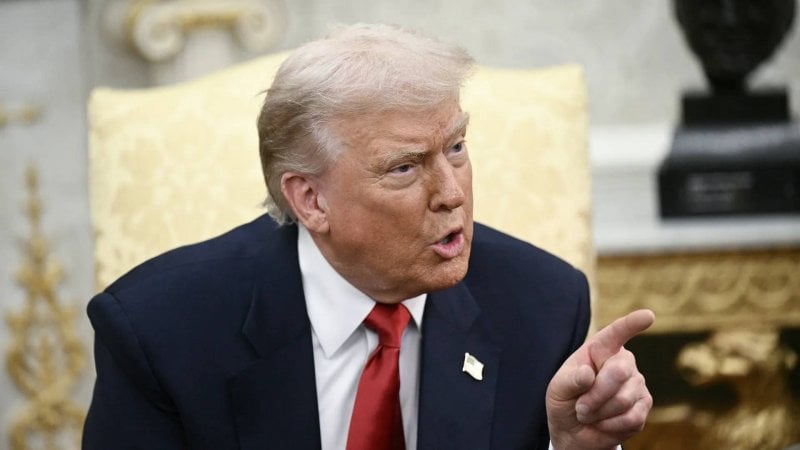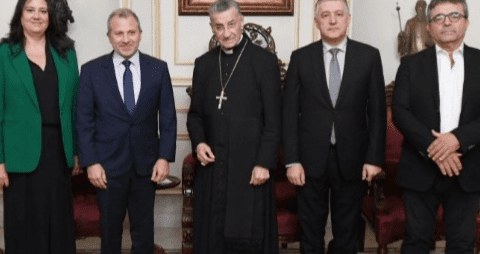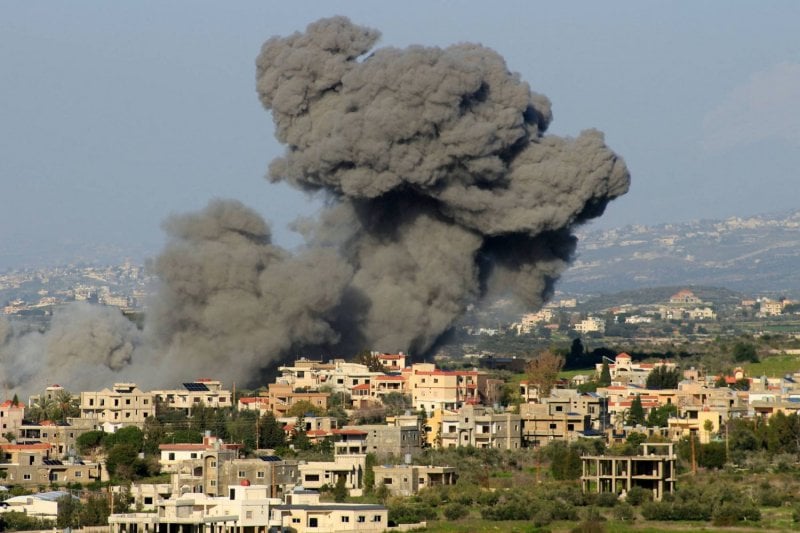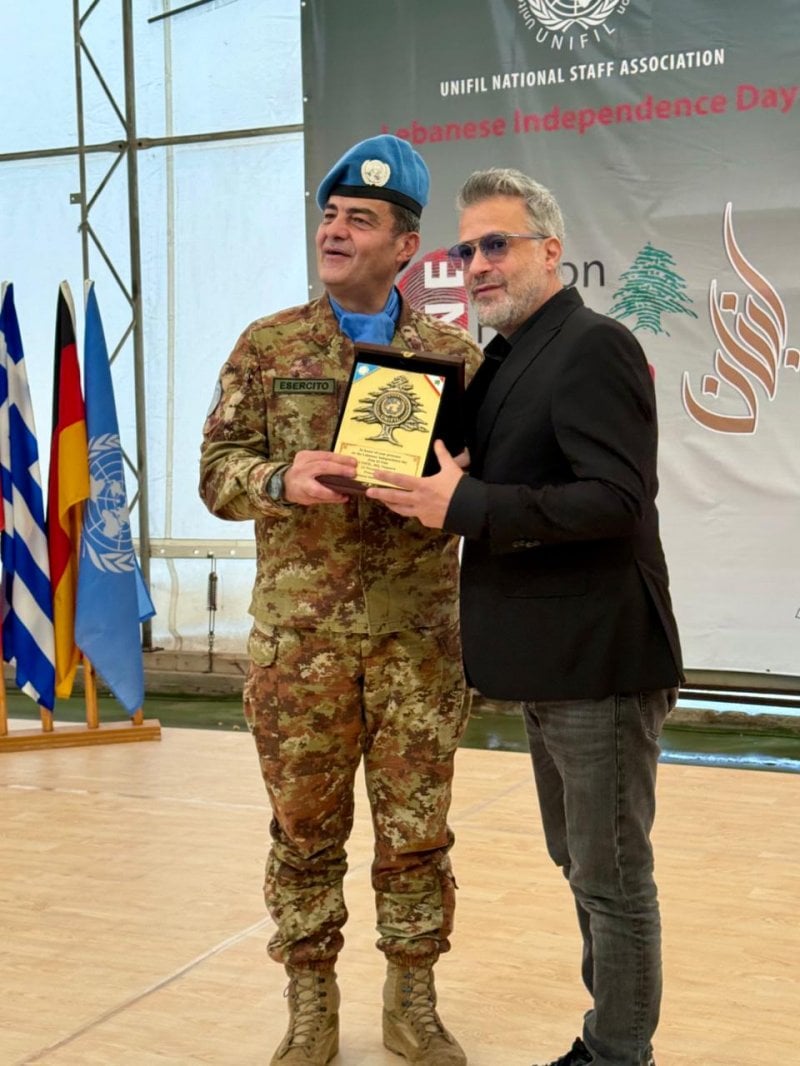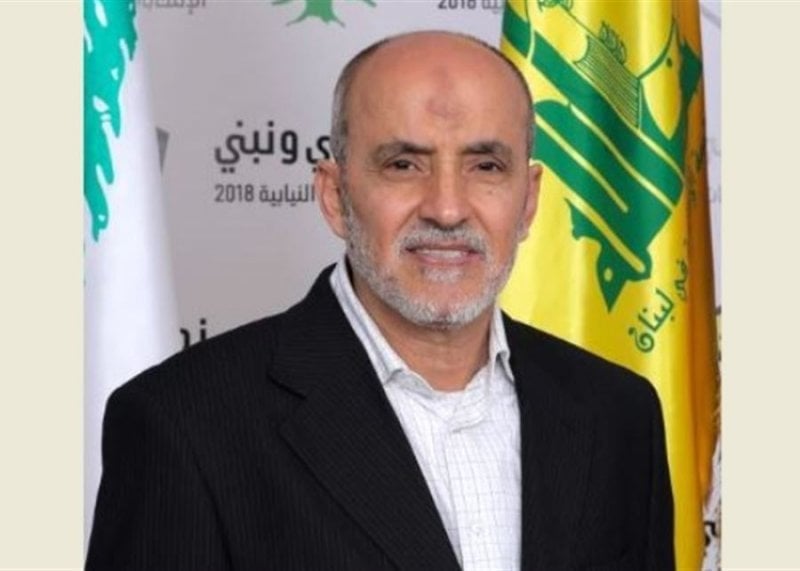
In this context, MP Hussein Jishi, a member of the “Loyalty to the Resistance Bloc,” explained to “Al-Diyar” that “what the Americans are announcing and trying to impose on the Lebanese authority is their choice, but the interest of our people does not intersect nor coincide with the American demands, which practically constitute the conditions of the Israeli enemy, which seeks to obtain what it failed to achieve in all its wars on Lebanon since the seventies of the last century, which is surrender and signing a treaty with it.” He pointed out that “Israel wants peace from Lebanon while it reserves for itself the decision to wage war on it, and this is what it has done through its successive attacks since 1978, 1982, 1993, 1996, 2005, and 2024.”
Jishi stressed that “the Israeli enemy has been waging war on Lebanon for a year, while Hezbollah adheres to the ceasefire agreement. So why doesn’t the government have the decision to wage war to defend Lebanon?” He added, “The lack of readiness of the Lebanese army with weapons and equipment is among the reasons, and therefore the people have the right to defend themselves. This is what Hezbollah meant in its statement and messages to the three presidents, when it called on them to bear their responsibilities in protecting Lebanon, which is subjected daily to Israeli aggression and violation of the ceasefire agreement, without any action from the military committee tasked with implementing the agreement, nor from the Lebanese army, which was ordered by President Joseph Aoun to confront any incursion into Lebanese territory, a decision that was not accepted by those who call themselves “sovereignists,” and the Americans did not approve of it, and the United Nations Security Council, which issued Resolution 1701, did not move and has not obliged Israel to implement it since 2006.”
Jishi continued, explaining that this situation “forced Hezbollah to affirm the legitimate right of the resistance to defend Lebanon, while leaving the decision to the state and responding to the principle of exclusivity of weapons south of the Litani.” He asked, “Where are the sponsors of the ceasefire agreement?”
He stressed that “the American, who is committed to defending Israel’s existence and security, is interfering in Lebanon for the benefit of the enemy, by inciting officials to use force by the Lebanese army against Hezbollah to seize its weapons, as a condition for helping Lebanon, which Washington wants to be subject to it.” Jishi expressed his fear that “some officials will succumb to American pressure, which is what Hezbollah is trying to warn against.”
He also expressed his concern about “American interference, which has one goal: to prevent Lebanon from possessing elements of strength that appear through internal unity, which Hezbollah is keen to consolidate, despite the voices that are hastening the disarmament of the party while the land is still occupied and the Israeli attacks continue.”
Jishi concluded his speech by saying that Lebanon is “facing a delicate stage, and that the deadline set by the American administration until the end of this year regarding the final disarmament of Hezbollah and drying up its funding, will put the Lebanese in front of an internal confrontation about the American project that Lebanon is intended to be an appendage to.”



